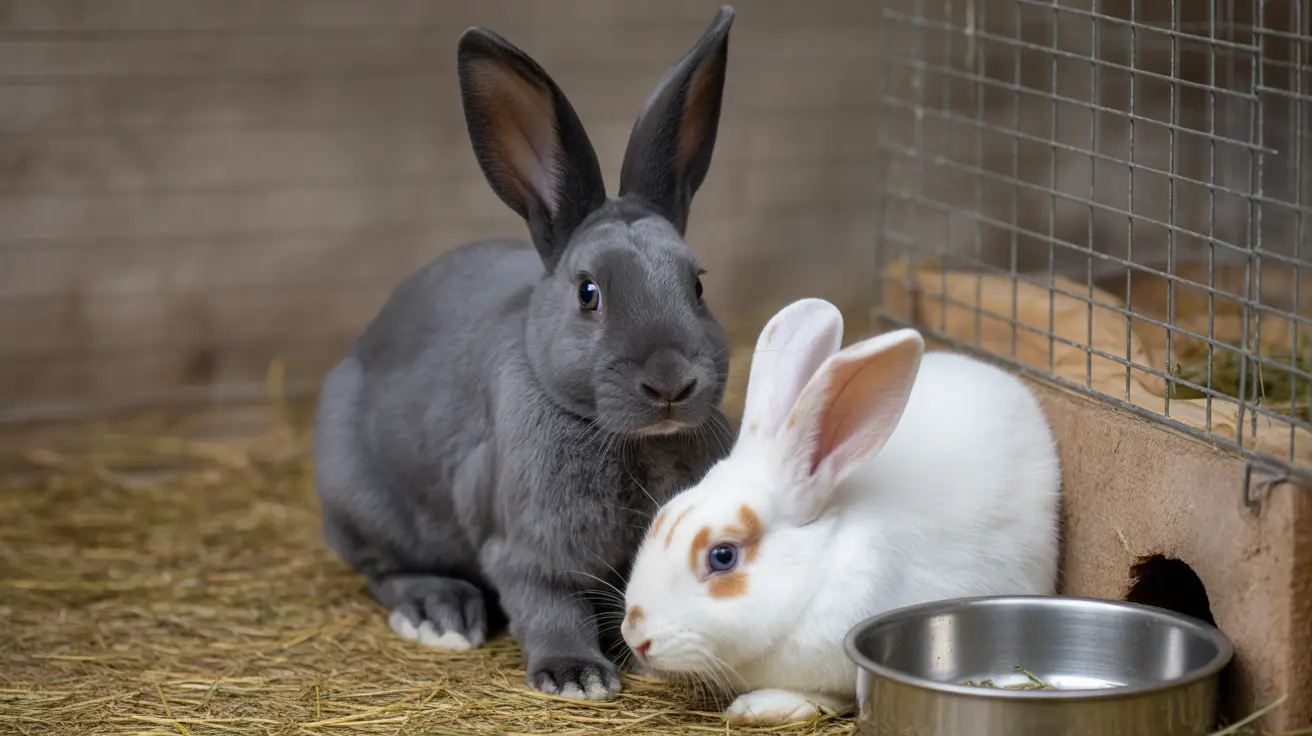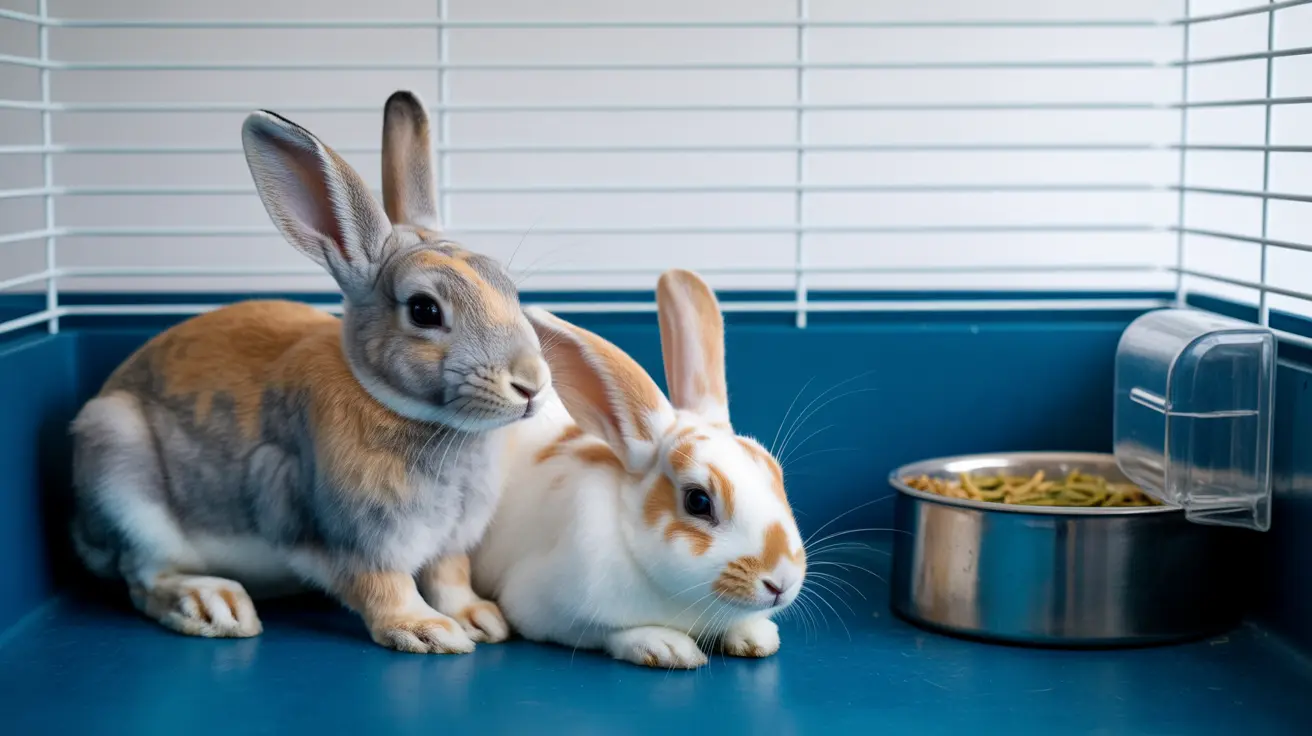Can Dogs Eat Sugar? What Every Dog Owner Needs to Know
If you've ever caught your dog eyeing a cookie or sneaking a lick of frosting, you might wonder: can dogs eat sugar? The short answer is that while sugar isn't technically toxic to dogs, it can cause a lot of trouble for your canine companion.
Why Sugar Isn't Safe for Dogs
Let's break it down. Dogs don't need added sugar in their diets. Commercial dog foods already provide the right balance of nutrients, including carbohydrates from safe sources. Giving your dog extra sugar—especially the processed kind—doesn't benefit them at all. In fact, it can be downright harmful.
- Obesity: Regularly eating sugary foods can quickly pack on the pounds.
- Diabetes risk: Too much sugar increases the chance of developing diabetes.
- Dental disease: Sugar sticks to teeth and fuels bacteria, leading to decay and gum problems.
- Digestive upset: Vomiting, diarrhea, bloating, and stomach pain are common after eating sweets.
- Metabolic issues & pancreatitis: High-sugar diets stress the pancreas and disrupt metabolism.
- Lethargy & immune problems: Over time, sugar weakens natural defenses and energy levels.
If your dog gets into the candy jar once, they might only have mild stomach upset. But repeated exposure or large amounts can lead to more serious consequences.
Sugar Sources: What's Safe and What's Not?
Your dog's body can handle tiny amounts of naturally occurring sugars found in certain fruits and vegetables. These should only make up less than 10% of their daily intake—and always in moderation. Some safe options include:
- Apples (without seeds)
- Blueberries
- Strawberries
- Bananas
- Cantaloupe
- Watermelon (seedless)
- Carrots
Avoid giving too much fruit or veggie at once—your dog's digestive system isn't built for lots of sugar, even from natural sources.
The real danger comes from processed sugars and added sweeteners found in human foods like:
- Candy (including lollipops and gummies)
- Cakes, cookies, pastries
- Sodas and sweetened drinks
- Bread with added sugars
- Cereals and granola bars
Sugar comes in many forms: table sugar (sucrose), brown sugar, powdered sugar, cane sugar, corn syrup—the list goes on. None are healthy for your pet.
The Hidden Dangers: Artificial Sweeteners & Toxic Foods
This is where things get really risky. Some artificial sweeteners are far worse than regular sugar for dogs. The most notorious is xylitol—a common ingredient in "sugar-free" gums, candies, some peanut butters, toothpaste, and baked goods. Even tiny amounts of xylitol can trigger a rapid drop in blood sugar (hypoglycemia), vomiting, weakness, seizures, liver failure—even death.
If you suspect your dog ate anything containing xylitol (or you're unsure), call your veterinarian immediately.
Other artificial sweeteners like aspartame, sucralose, monk fruit extract, erythritol, stevia, and saccharin aren't as dangerous as xylitol but can still cause gastrointestinal upset if eaten in large quantities.
A few other human treats are always off-limits for dogs due to toxicity—not just because of their sugar content:
- Chocolate: Contains theobromine; dark chocolate is especially toxic.
- Grapes & raisins: Can cause kidney failure even in small amounts.
- Caffeine: Found in coffee-flavored desserts; very dangerous for dogs.
If Your Dog Eats Sugar: What To Watch For
If your pup manages to sneak a sugary snack or dessert when you aren't looking, monitor them closely. Mild symptoms may include stomach upset or loose stools. More severe signs—especially after eating large quantities or products with xylitol/chocolate/grapes—include:
- Persistent vomiting or diarrhea
- Lethargy or weakness
- Tremors or seizures
- Trouble walking or collapse
If you see these symptoms or know your dog ate something dangerous (like xylitol), contact your vet right away.
The Best Treats For Dogs: Healthy Alternatives To Sugar
You don't have to deprive your furry friend of tasty snacks! Choose commercial treats made specifically for dogs that contain no added sugars or xylitol. Or offer tiny pieces of safe fruits/veggies as an occasional reward—just keep portions small so you don't upset their stomach or add unwanted calories.
- Check ingredient labels carefully before sharing any human food with your pet.
- Avoid desserts entirely—dogs can't process sweets like we do!
If your dog has special health needs (such as diabetes or pancreatitis), follow your veterinarian's advice about treats—even those with natural sugars may be restricted for some pets.
The Takeaway: Keep Sugar Out Of Your Dog's Bowl
Sugar isn't toxic to dogs in the way that chocolate or xylitol are—but it's still unhealthy and unnecessary. Stick to balanced dog food and safe treats designed for canine consumption. When in doubt about an ingredient or treat option for your pet, ask your veterinarian first—they'll help you keep your best friend happy and healthy without risking their well-being over a sweet snack!





